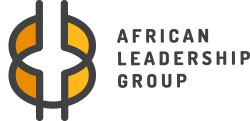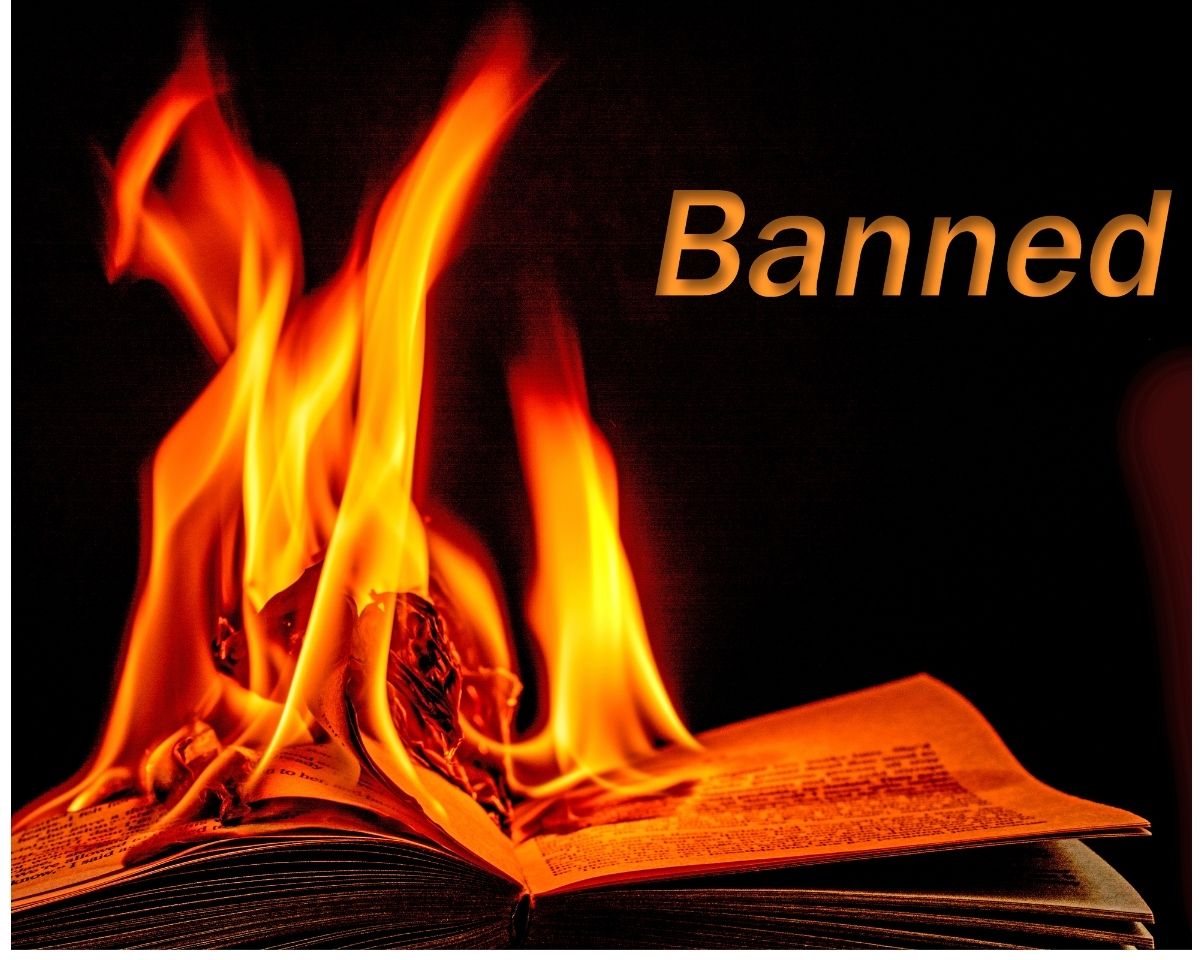The point of books is to provide a new perspective for readers. Books are supposed to allow your mind to create a new way of thinking. They are meant to allow you to have a moment in which you can believe in an imaginary world that society would never allow.
Books are an escape from the harsh reality that we must wake up to every day. Reading allows you to get to know yourself; reading builds personality. So why would we ban our children from the opportunity to learn a perspective other than the one their parents are forcing down their throats?
Why would we rob them of the opportunity to learn more about themselves, to see life as it is in a different light? School libraries should not be allowed to ban certain books because banning a book is like banning an opportunity. Why would you want to miss out on an opportunity that could change your life?
One of the many reasons why school libraries should not ban books is because most of the books being banned tend to be relatable, and relatability is something that people yearn for. As a reader, I can attest to this because, if I can see myself in a character or relate to a situation it makes me want to read the book even more.
The article “Why Your Kid Should Read Banned Books” by Regan McMahon states: “Banned books often deal with subjects that are realistic, timely and topical. Young people may find a character going through exactly what they are, which makes it a powerful reading experience and helps the reader sort out thorny issues such as grief, divorce, sexual assault, bullying, prejudice and sexual identity. The compelling teen rebels story “The Outsiders” has been banned, yet many middle-schoolers cite it as the book that turned them into readers.”
This article describes how a powerful reading experience can be sought through a realistic and relatable book. The reason we teach literacy, English, and any subject that includes reading is so that we can create these “lifelong readers,” but how can you create a lifelong reader if they cannot find a book that makes them want to read?
You cannot ban books and expect children to still want to read. You cannot say “read, reading is good for you” or “just pick up a book and read” and then limit what we can and cannot read.
Another reason school libraries should not ban books is because we should not prevent our kids from reading about the reality in which we live. Why hide the truth about our society, about how it was or how it is? What do we have to hide?
McMahon’s article states: “The Civil War novel ‘The Red Badge of Courage’ has been banned for its graphic depictions of war. The edgy teen bestseller ‘The Perks of Being a Wallflower’ has been banned for its descriptions of …. alcohol and drug use… ‘Roll of Thunder, Hear My Cry’ is an eye-opening story of an African American family facing racism in 1930s Mississippi, yet it has been banned for having racial slurs.”
The above are examples of books that have been banned even though they depict the truth of our history or the truth of our present. The truth is, according to the American Addiction Centers, that in 2017 about 4% of children between the ages of 12 and 17 suffered from a substance use disorder.
The truth is that in the 1930s African Americans experienced racism. The truth is that to this day they still do. The truth is that war is graphic. So, it’s okay for us to study wars in social studies, to study war heroes, to study how great our nation is. But is it not okay to read about it so descriptively?
We shouldn’t be banning books that allow a different perspective other than the one the school system wants to force down our throats. Why is it so wrong for a student to have an opinion that differs from school norms or their parents’ norms? Why can’t we read books so that we can find what we value? Why can’t we be representatives of ourselves, not our parents, not our society but ourselves?
On the other hand, we have people who believe books should be banned for the presence of witchcraft and religious affiliations. The article “Common Reasons for Banning Books” by Fort Lewis College states: “Presence of Witchcraft: Books that include magic or witchcraft themes. A common example of these types of books are J.K. Rowling’s Harry Potter Series… Religious Affiliations (unpopular religions): Books have been banned or censored due to unpopular religious views or opinions in the content of the book. This is most commonly related to satanic or witchcraft themes found in the book. Although, many books have also been banned or censored for any religious views in general that might not coincide with the public view.”
Some people believe that books containing magic or witchcraft will have children believing in something that is seen as wrong in many religions. They don’t want kids practicing witchcraft, which can be seen as black magic or magic for evil. They believe any religion that is depicted in a book and is not seen as good in the eyes of society should not be available for a child to read.
However, books like Harry Potter are supposed to allow people with a passion for mythical things to have an enjoyable read. In no way should a fictional book about magic be banned. Where is the sense of innocence for children who would like to believe that magic is real? Or for teens who just enjoy reading fiction?
We should not be banning books that depict a religion other than the ones that are approved by society. Whatever happened to religious freedom? Why is it so bad for a child to learn about a religion other than one that their parents and society have already forced down their throats?
You can learn about something without allowing what you learned to change your life in a split second. Learning changes perspective, it allows people to see things in a different light. So why would we block the opportunity for a child to learn something new, something that can change the ignorant thinking that their parents have placed in their minds?
McMahon’s article also states: “Who is challenging these books? Parents, school board members, individuals, groups — yet what is considered offensive may depend on the era or specific community. As the American Library Association argues, these challenges pose a threat to freedom of speech and choice — freedoms Americans hold dear and are worth standing up for.”
The author discusses how the books that parents and school board members are banning may be considered offensive to their generation but not to the ones that come after them. We are living in an era where freedom of speech and choice has become a basic human right. So, what makes you think children and teenagers can’t speak for themselves?
You are banning books, without asking the people who this affects the most, people who also have freedom of speech and freedom of choice. Who gave you the validation to think for us, or speak for us? You could be banning a book that could have saved a student who was on the brink of suicide. You could have banned a book that could have helped a student find themselves. But you would never know.
School libraries should not be allowed to withhold opportunities from students. They should not be allowed to ban learning opportunities. They should not be allowed to ban lifesaving opportunities, life-changing opportunities.
Students should be introduced to the world as it is, and they should be able to decide what path they want to go through from there. The job of parents and schools is to prepare us for life, not to live their life through ours. Their job is to teach us everything there is to know and then only hope we pick wisely.
School libraries banning books are robbing us of the opportunity to learn, to become, and to live. Banning books is the equivalent of banning opportunities.




